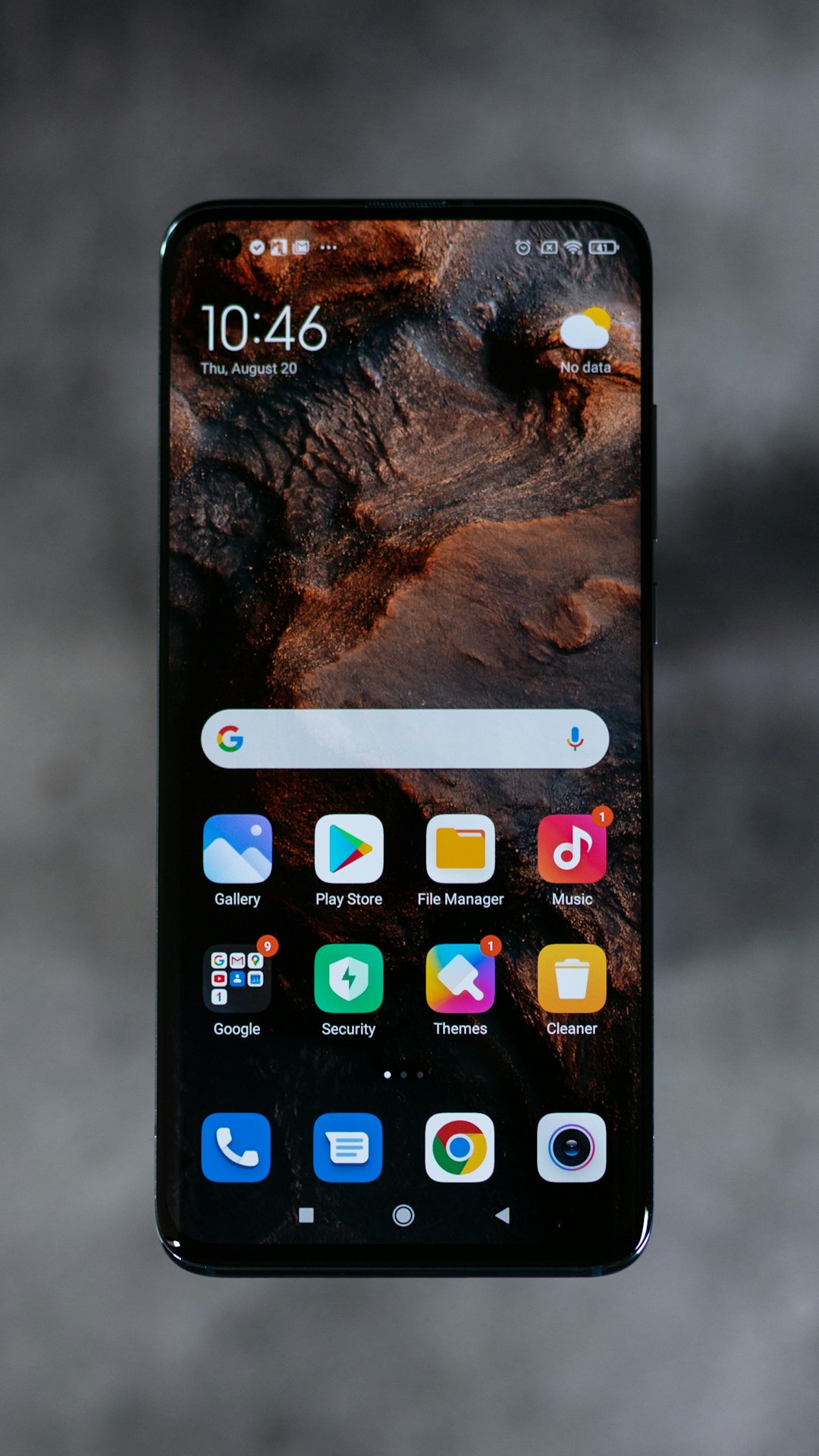Robocalls from law firms plague New Mexico residents, bypassing existing Do Not Call laws. Community initiatives leverage user-reported data to block recurring robocallers. A community-powered app tailored to local preferences and businesses can significantly reduce spam calls, empowering New Mexicans to reclaim privacy under robust state regulations. Promoting this solution through education and partnerships is key to widespread adoption.
In the digital age, robocalls have become a persistent nuisance in New Mexico, impacting residents’ daily lives. This article explores a community-powered solution: a robocall blocking app tailored for the state. We delve into the growing problem of unsolicited calls, emphasizing the need for a collaborative approach. By harnessing the power of community, New Mexicans can collectively combat this issue. We discuss building a robust network, legal protections under the Do Not Call Laws, and how law firms play a vital role in promoting and implementing this innovative app to safeguard residents from unwanted robocalls.
Understanding Robocalls and Their Impact in New Mexico

Robocalls, automated phone calls that deliver pre-recorded messages, have become a widespread nuisance across the United States, including New Mexico. While they may serve some legitimate business purposes, robocalls often invade personal and communal privacy, with many residents of New Mexico experiencing an overwhelming volume of unsolicited calls daily. These calls can disrupt daily life, waste precious time, and even pose security risks by masquerading as important alerts or phishing attempts.
In New Mexico, where a significant portion of the population relies on landlines, robocalls have a particularly impactful effect. Many residents, especially older adults, are susceptible to the tactics used by automated call systems, leading to increased stress and frustration. The state’s Do Not Call laws offer some protection, but robocallers often bypass these regulations using sophisticated technology. To combat this growing issue, community-driven initiatives are emerging, focusing on user-reported data to identify and block recurring offenders, such as law firms known for excessive robocalling practices in New Mexico.
The Need for Community-Driven Call Blocking Solutions

In today’s digital age, robocalls have become an increasingly common nuisance, with many residents in New Mexico facing a deluge of unwanted calls, especially from law firms. The current call-blocking apps on the market often lack community-specific intelligence, failing to effectively filter out local spam and ensuring that legitimate businesses still reach their target audience. This is where a community-powered solution steps in, addressing the pressing need for a more tailored and efficient robocall blocking system.
New Mexico residents deserve a rest from these persistent calls, and a community-driven approach offers a promising solution. By harnessing collective intelligence, this initiative aims to create a robust network that understands local business practices and respects individual preferences. In light of the growing frustration with Do Not Call laws not always being adhered to, especially for law firms, this collaborative method provides an innovative way to regain control over one’s communication channels.
Building a Network: Empowering New Mexicans to Act

Building a robust network is key to empowering New Mexicans to take control of their phone lines and combat unwanted robocalls. By encouraging community involvement, residents can collectively create a powerful defense against intrusive calls, especially from law firms. This collaborative effort involves raising awareness about the prevalence of robocalls and educating folks on effective blocking methods.
Through local initiatives and peer-to-peer support, New Mexicans can unite to establish a robust do-not-call list tailored to their region. By sharing resources and best practices, community members can enhance their collective ability to identify and block spam calls, ensuring a quieter and more peaceful communication environment.
Legal Aspects: Protecting Residents from Unwanted Calls

In New Mexico, as in many states across the nation, residents are protected by laws aimed at curbing unwanted telephone solicitations, including robocalls. The Do Not Call law firms regulations provide a powerful tool for citizens to reclaim their privacy and silence intrusive calls. This legislation allows individuals to register their phone numbers on the state’s official “Do Not Call” list, effectively blocking most automated or prerecorded telemarketing messages.
The legal framework ensures that residents can take proactive measures against excessive robocalls without facing any penalties for registering. By upholding these regulations, New Mexico continues to protect its citizens from unwanted and potentially fraudulent calls, fostering a safer and less disruptive communication environment.
Implementing and Promoting the Do Not Call Law Firms App

In New Mexico, implementing a community-powered robocall blocking app can significantly enhance local residents’ phone experience by targeting unwanted calls from Do Not Call law firms and other persistent sources. This innovative approach leverages collective action to curb intrusive robocalls, ensuring that users can enjoy uninterrupted communication. The app’s success relies on active participation within the community; when more individuals download and actively use the application, its effectiveness increases, creating a robust defense against nuisance calls.
Promoting this community-focused solution is crucial for widespread adoption among New Mexico residents. Educational campaigns targeting local communities, highlighting the benefits of reduced robocalls and the app’s ease of use, can foster enthusiasm. Additionally, partnerships with local businesses, community centers, and government agencies can facilitate access and awareness. By making the app readily available and emphasizing its positive impact on daily life, more New Mexico residents will embrace this powerful tool in navigating the Do Not Call regulations effectively.






